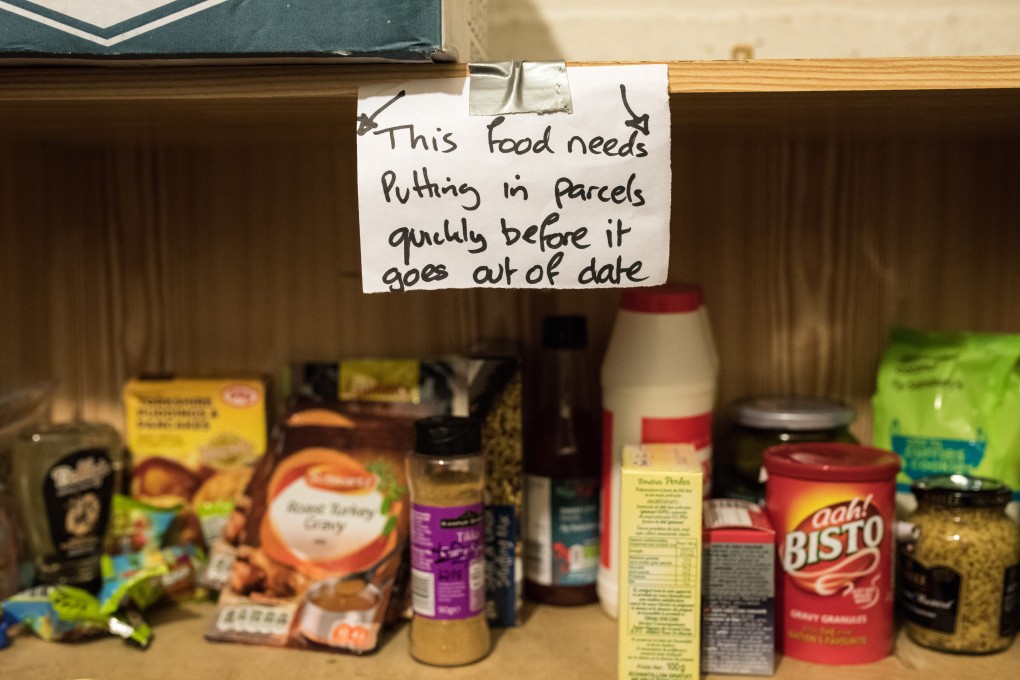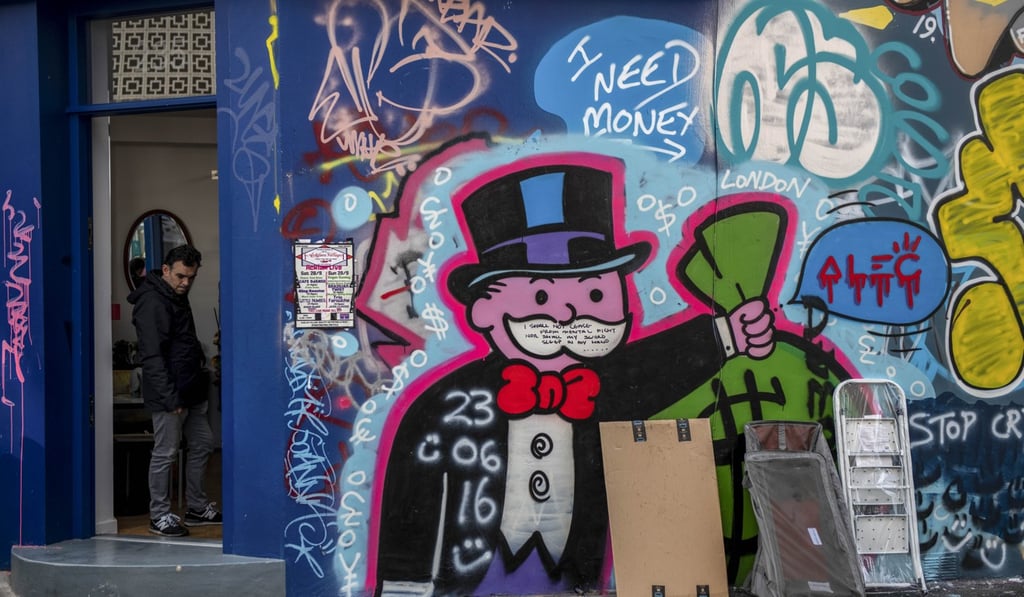In the UK, hunger has emerged as an important election issue
- One in 50 UK households used a food bank in 2018-19, while at least 3 million food parcels were given out
- If elected, the Labour Party has pledged to phase out food banks in three years

As the UK heads for the polls next month in a bid to solve the parliament gridlock over Brexit, hunger and the mushrooming of food banks across the country have emerged as an important election issue.
A report published Tuesday shows that cuts to social benefits and 10 years of Conservative Party austerity have led to a 73 per cent rise in the use of food banks in the fifth largest economy in the world.
Around 2 per cent of households in the UK are now reliant on charity handouts to put food on the table, and around 10 per cent of the population now “food insecure” according to the report published by the UK’s largest food bank operator, the Trussell Trust.
Compiled for the charity by academics at Heriot Watt University, “The State of Hunger 2019” report is the result of three years of study and the first of its kind to be published in the UK.
The researchers found the number of food banks run by the Trussell Trust mushroomed from 57 in 2010 to 424 today.

The total number of food banks run by religious groups and charities across the UK is estimated to be around 2,000.